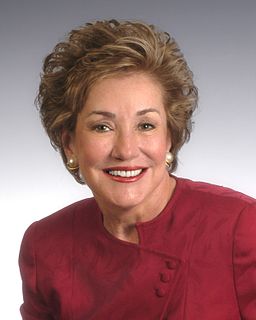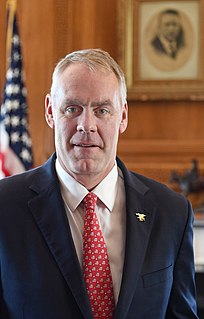A Quote by Kristen Soltis Anderson
What is a fair way to structure our economy? To handle those who did not come to America legally? To distribute scarce public resources and benefits?
Related Quotes
Our supplies of natural resources are not finite in any economic sense. Nor does past experience give reason to expect natural resources to become more scarce. Rather, if history is any guide, natural resources will progressively become less costly, hence less scarce, and will constitute a smaller proportion of our expenses in future years.
Who then would not like to see these benefits flow upon the world from the law, as from an inexhaustible source? But is it possible? Whence does the State draw those resources that it is urged to dispense by way of benefits to individuals? Is it not from the individuals themselves? How, then, can these resources be increased by passing through the hands of a parasitic and voracious intermediary?
When you think of all the conflicts we have - whether those conflicts are local, whether they are regional or global - these conflicts are often over the management, the distribution of resources. If these resources are very valuable, if these resources are scarce, if these resources are degraded, there is going to be competition.
The public sector can only feed off the private sector; it necessarily lives parasitically upon the private economy. But this means that the productive resources of society - far from satisfying the wants of consumers - are now directed, by compulsion, away from these wants and needs. The consumers are deliberately thwarted, and the resources of the economy diverted from them to those activities desire by the parasitic bureaucracy and politicians.
It's absolutely the wrong signal, I think, to those who have entered this country legally or those who may be considering illegal immigration for a lot of benefits to be provided... Emergency medical needs should be met, but otherwise I think send the wrong signal to those who have come into the country legally and those who may be considering illegal immigration. So as you know, I've called for an increase in the border patrol agents. I've looked at that from both the standpoints of drugs and to prevent illegal immigration, but I think that's where the focus should be.
To all those in the sound of my voice who share our values, who know that we can be a stronger America at home and abroad, a more prosperous America - that we can revive America the way that Ronald Reagan did in the 1980s, and that we can add justices to the Supreme Court who honor and uphold our Constitution - now is the time to come out, to take the time to cast that vote and make Donald Trump the president of the United States.
I appreciate the good work that senators in both parties have put into trying to fix our broken immigration system. There are some good elements in this proposal, especially increasing the resources and manpower to secure our border and also improving and streamlining legal immigration. However, I have deep concerns with the proposed path to citizenship. To allow those who came here illegally to be placed on such a path is both inconsistent with rule of law and profoundly unfair to the millions of legal immigrants who waited years, if not decades, to come to America legally.
We have consistently supported a legalization program which is both generous to the alien and fair to the countless thousands of people throughout the world who seek legally to come to America. The legalization provisions in this act will go far to improve the lives of a class of individuals who now must hide in the shadows, without access to many of the benefits of a free and open society. Very soon many of these men and women will be able to step into the sunlight and, ultimately, if they choose, they may become Americans.






































